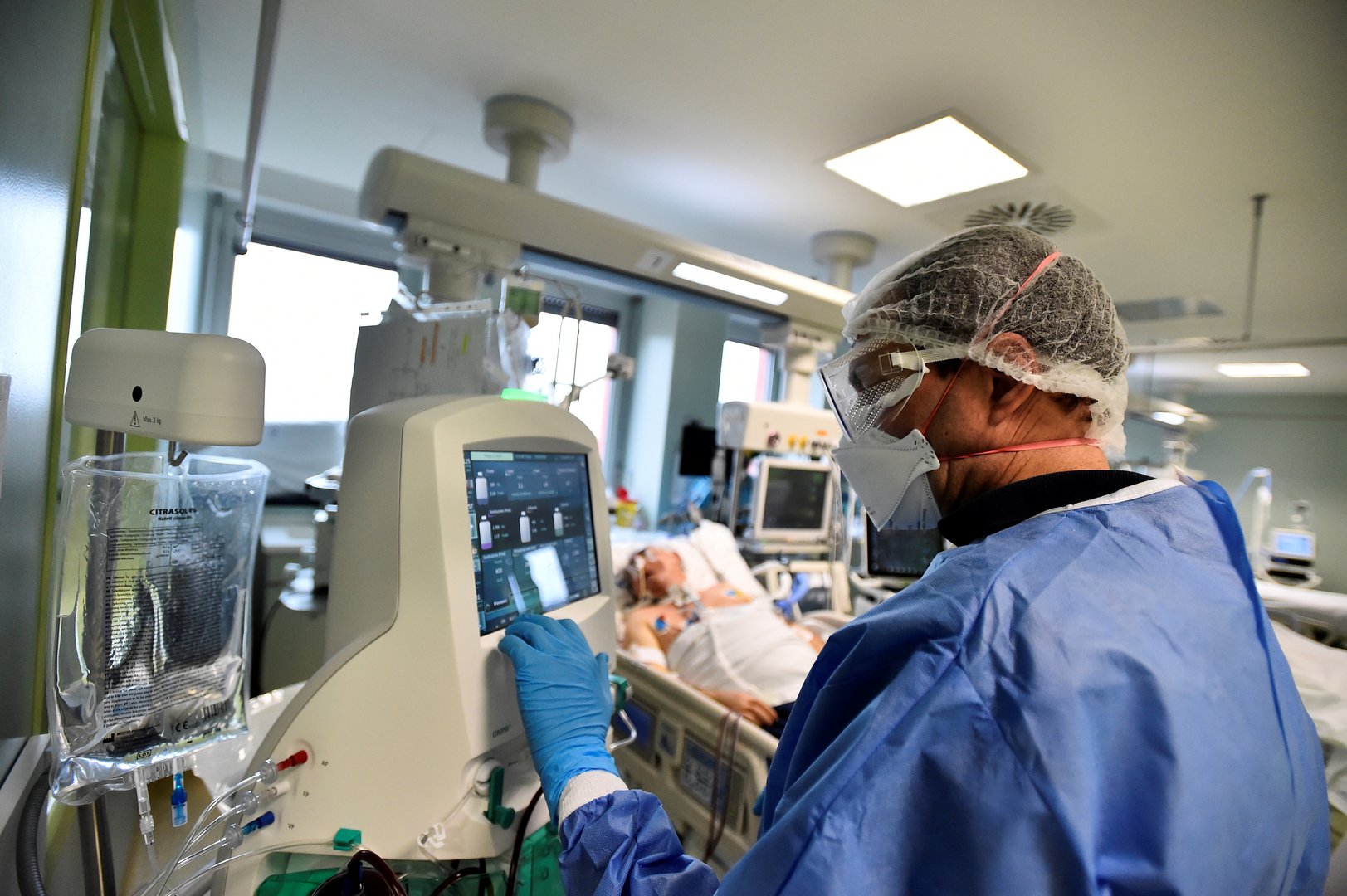Further decisions on the restrictive measures in place will depend on the number of patients with coronavirus in hospitals and especially intensive care units, an expert said on Saturday.
Assistant professor of paediatrics and Infectious diseases at the University of Cyprus Medical School and Archbishop Makarios hospital, Maria Koliou told the Cyprus News Agency that it is the numbers of patients in hospitals that will define whether stricter measures will be taken or not.
The current measures that include a ban on house visits, a curfew between 9pm to 5am, the closing of food and entertainment establishments, shopping malls and churches, will be in force until January 10.
“As you can see, all the (healthcare) systems, even the most well-equipped and well-staffed ones, if they are overcrowded at some point find it difficult to cope,” the health ministry advisor told CNA.
She added at the moment, hospitals in Cyprus can handle the situation. “But if the number of cases treated in hospitals and especially in intensive care units continues to increase, that is what I believe will determine the most drastic measures.”
As regards the mutated strain detected in the UK but also other countries, Koliou said in a few days it will be made known whether it also exists in Cyprus as the test results carried out by the Institute of Neurology and Genetics are expected to be ready.
Koliou did not rule the possibility of the new strain also being in Cyprus, citing the large numbers of people travelling to and from the UK and the fact that it has been present in the UK since last September.
She said, however, she was not concerned as, according to data so far, though it has increased transmissibility, it does not cause more serious infection.
According to Koliou, the vaccines Cyprus will be using are also effective against this mutated strain.
Koliou said that according to studies, complete protection of the vaccine is ensured at least one week after the second dose, which is given 21 days after the first dose, and reaches 95 per cent. It seems, however, that there is already some degree of protection after the first dose of the vaccine is administered.
The protection offered by the vaccine means that if someone is infected with the virus, the disease will be mild or asymptomatic.
Regarding the protection offered by the vaccines, she said that it is certain that it covers for six months but beyond that remains to be seen because phase 3 clinical trials only started last July.
“While the vaccine has been with us for a long time and there is experience and at least four million people have been vaccinated, we do not yet have long-term experience to know the long-term effectiveness,” she said.
Vaccinations in Cyprus started on December 26. People in vulnerable groups such as the elderly but also healthcare professionals will be given priority while, according to the schedule announced by authorities, the vaccine will be gradually made available to all members of the public who wish to get vaccinated, starting from the elderly and people with health issues. Vaccination of the wider population is expected to start in the summer.
Members of the public will be able to book an appointment through the ‘vaccination portal’, expected to be up and running soon.
Deputy Minister for Research, Innovation and Digital Policy, Kyriacos Kokkinos, will present the vaccination portal on Monday morning.







Click here to change your cookie preferences